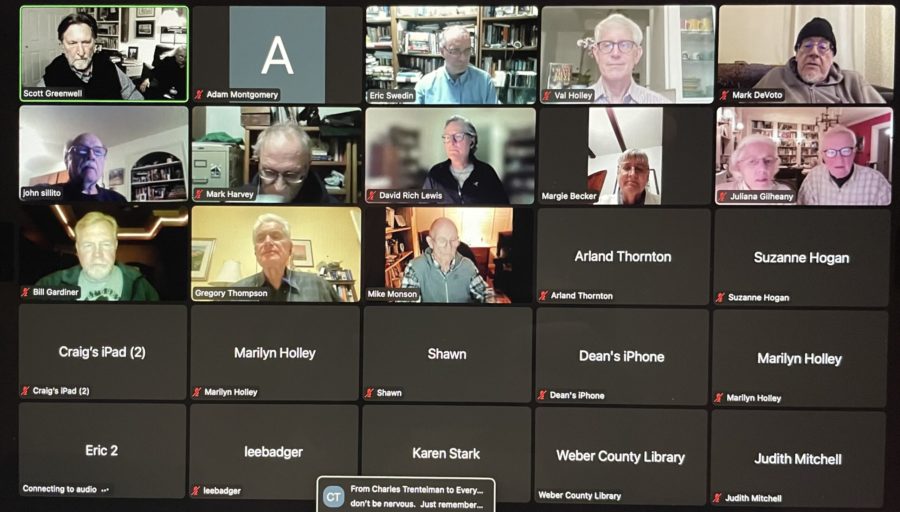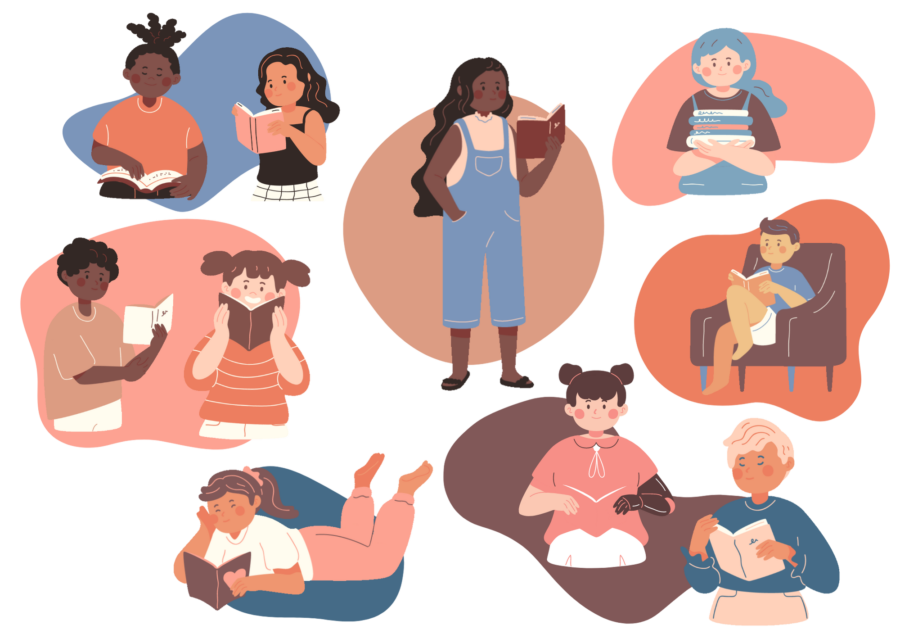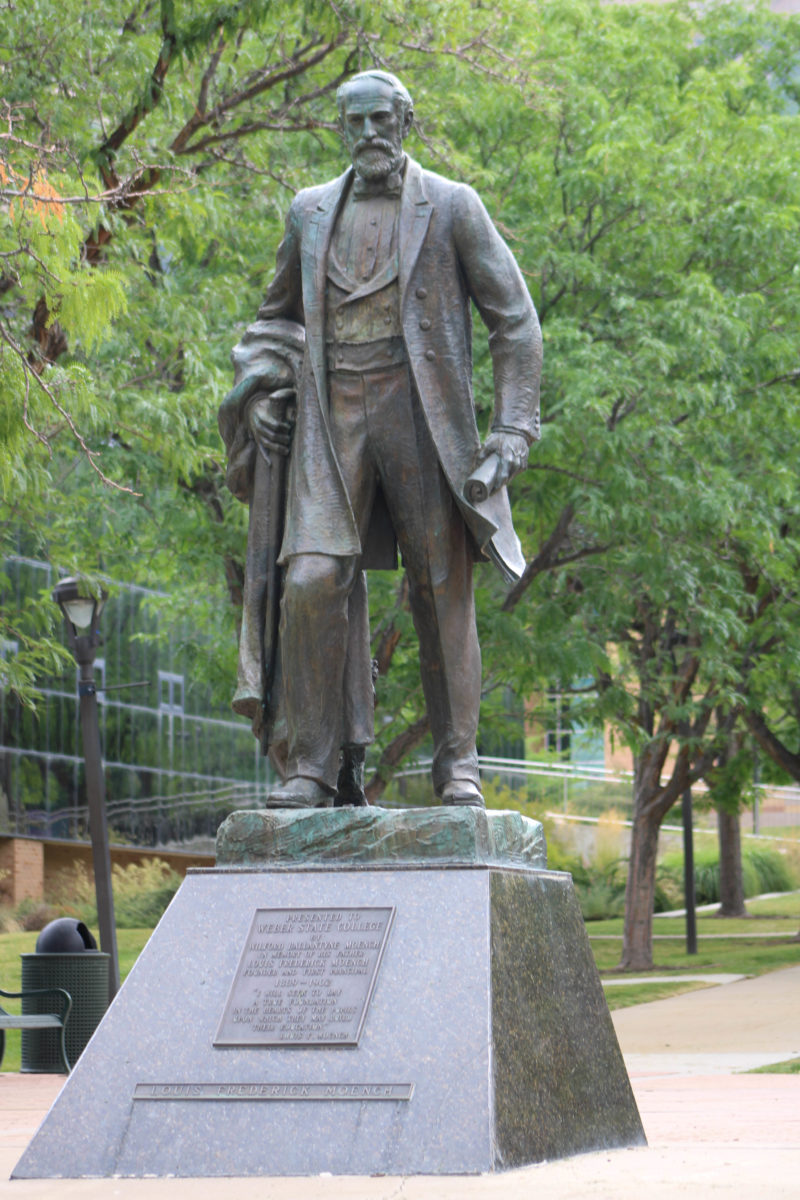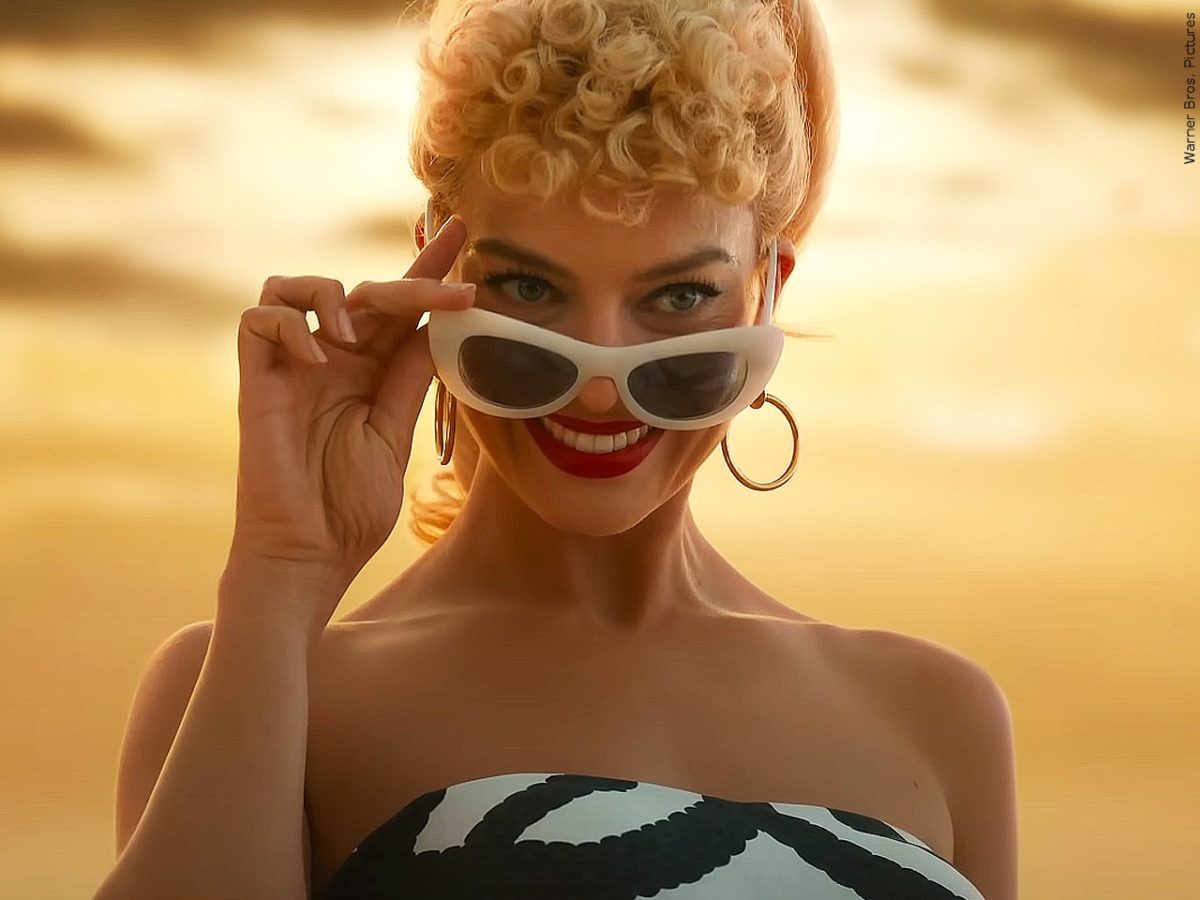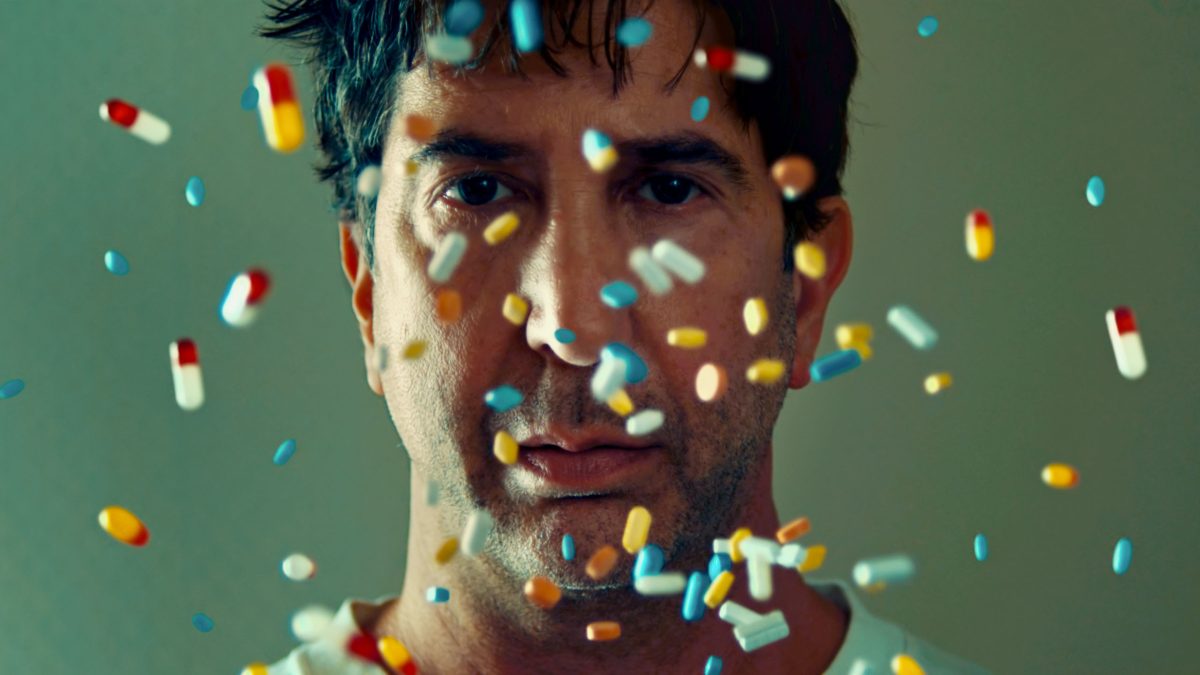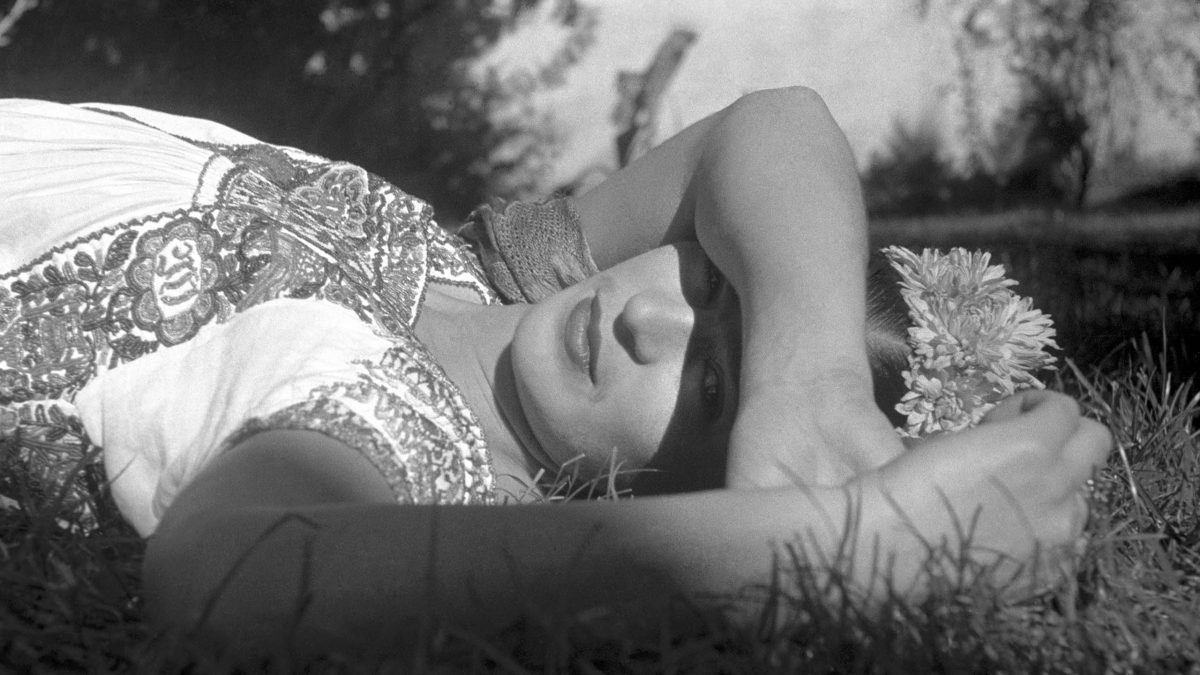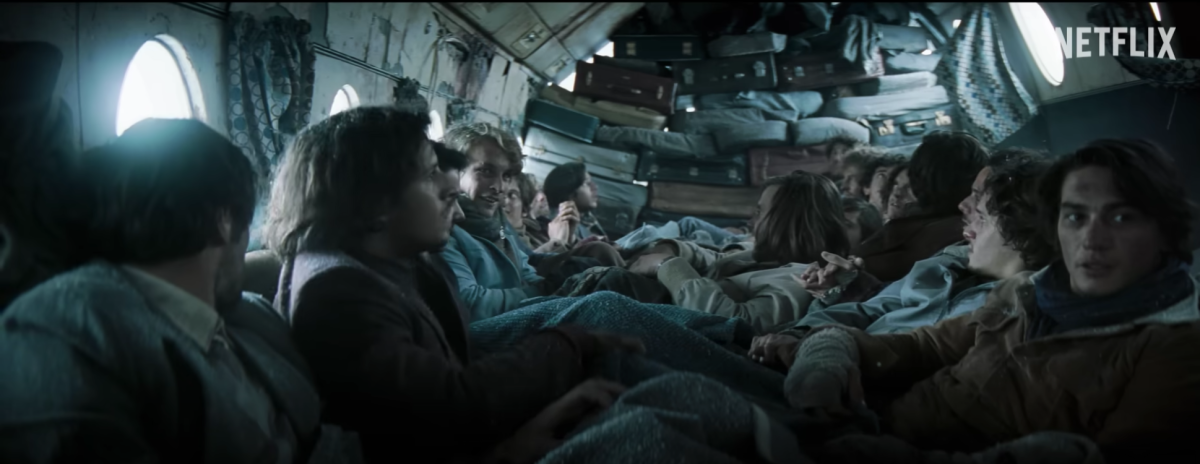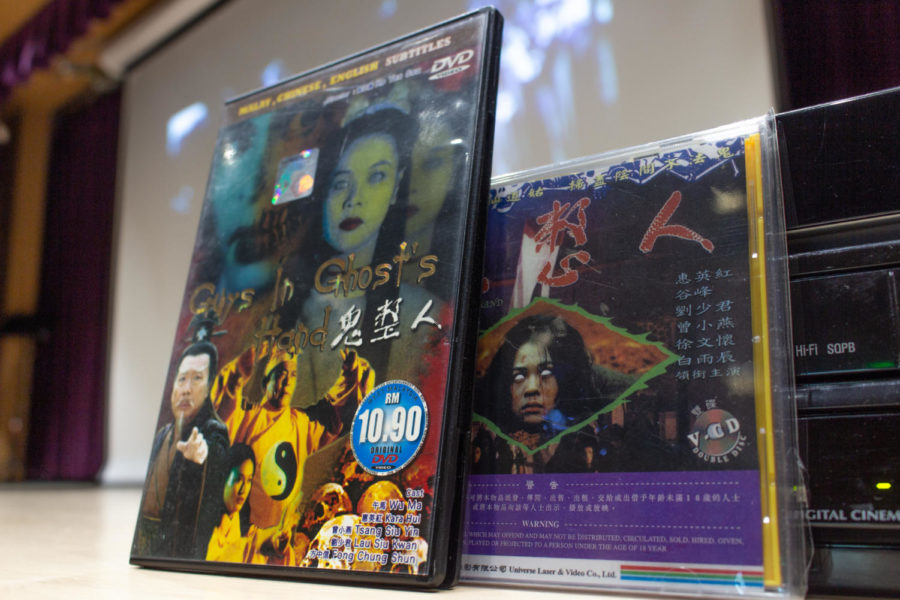I’m open to the possibility that those who haven’t read the “Hunger Games” books might not get what’s so great about the new movie, “Catching Fire,” but as a fan of the books, I can tell you that it’s not only a great movie, but the best adaptation I’ve ever seen. There’s a huge difference between a good movie and a good adaptation (see “Harry Potter” films for examples of technically decent movies that were embarrassingly bad adaptations), and this film walks that line with near-perfect balance. This is undoubtedly thanks in part to the fact that former TV writer Suzanne Collins wrote the books so cinematically in the first place.
However, even intending as she (probably) did for her books to be made into blockbuster films, Collins did not yield to the worst blockbuster tropes in writing them. I wrote a column last year when the first film came out about its achievement of finding mainstream success with a non-sexualized female lead whose arc doesn’t center on her being female. Since the release of “Catching Fire,” we’ve seen yet more articles on how the franchise plays with the typical gender roles of blockbuster films, but this time around, they’re focusing more on the male lead as proof of this than they are on the female protagonist. (See NPR.org’s article by Linda Holmes, “What Really Makes Katniss Stand Out? Her Movie Girlfriend, Peeta.”)
One of the first things that stood out to me and intrigued me about the books when I read them was the egalitarian partnership of the two leads, Katniss and her friend/for-publicity boyfriend Peeta. Blockbusters’ usual definition of an egalitarian relationship is one where the man is the doer and the woman, if she’s lucky, gets to be the thinker. It’s popular to portray the Action-Movie Girlfriend as smarter and all-around better than every male character as long as the male lead (usually her boyfriend) ultimately takes center stage when the time for active heroism has come.
The “Hunger Games” series flips this somewhat in that Katniss is the doer and Peeta is the thinker. Katniss is more skilled in combative situations like the arena because she has grown up a hunter and survivalist; this also leads to her being cold and calculating at times, whereas Peeta is all heart and moral compass. Unfortunately, the fact that Peeta’s more likely to save the day with his foresight and media-savvy people skills than with brute strength or a weapon has driven the series’ immature fangirls to label him “girly,” the “damsel in distress,” and express their preference for the last third of the “Hunger Games” love triangle, the more hegemonically masculine (thanks, Sociology of Gender class) Gale.
I pray these misguided fangirls never become writers. Discerning audiences don’t ask for more diverse expression of gender and relationships in film just to be politically correct, but because it makes for better films.
For those who haven’t seen this new film, Katniss makes a pact with her mentor, Haymitch, that they will keep Peeta alive at all costs in this Hunger Games. Due to the nature of the Games, “at all costs” explicitly means Katniss’ life. Would Katniss’ determination to keep Peeta alive in the arena, or Haymitch’s scathing assurance that she’ll never deserve him, have felt as meaningful if their genders were swapped? I don’t think so, because we’ve seen that “save the girl” mentality so often in fiction that it doesn’t feel like a grand gesture or character development anymore. Don’t get me wrong, that kind of love story can still be done well, but it’s nice for our young people to see it’s not the only kind of boy-girl relationship out there.
When we see self-sacrificing girls in popular fiction, it’s too often done in a sexist, character-weakening way (no prizes for guessing which series I’m thinking of here), so it’s nice to see this gender role-reversal written well, in a way that actually increases the strength of the characterizations. I think there’s a difference between becoming a martyr for your boyfriend and becoming a self-appointed protector for your friend (at this point, Katniss isn’t really even in love with Peeta). It’s not one-sided, either: Peeta has simultaneously taken it upon himself to make sure Katniss comes home alive, which plays out in an interesting battle of wills directly inverse to the Hunger Games’ purpose.
Those of you complaining that Peeta needs to be rescued too often so he doesn’t deserve Katniss, I imagine it wouldn’t upset your notions of fictional relationships half as much if the tables were turned between them (apart from feminist critics, no one would really notice or care). Note also that, every time Peeta is in danger, it serves a specific purpose to the overall plot; it’s not done for the sake of playing with gender roles.
I realize I’m veering into fangirling territory myself here, but seriously, I’m getting tired of reading complaints from so-called fans of the series that Peeta is useless because he dares to get injured or need help a few times in a freaking gladiatorial arena. If you really can’t handle the fact that, for once, the girl is the tough-as-nails, emotionally unavailable one and the guy is the sensitive baker/artist she occasionally needs to “take care of,” then maybe this isn’t the right series for you. Try “Twilight” sometime.




